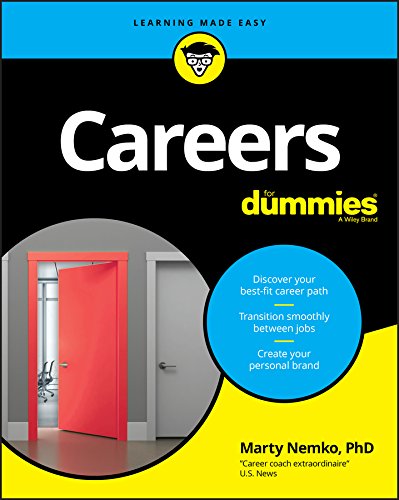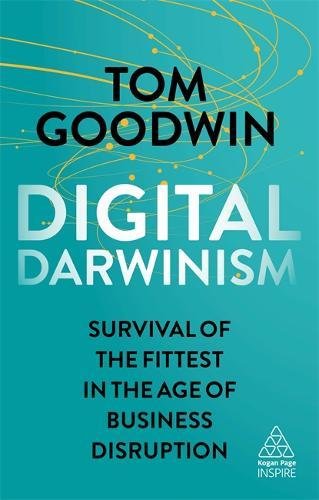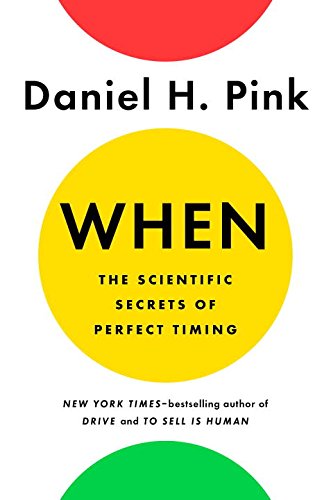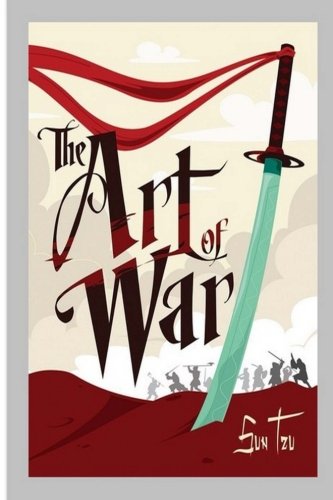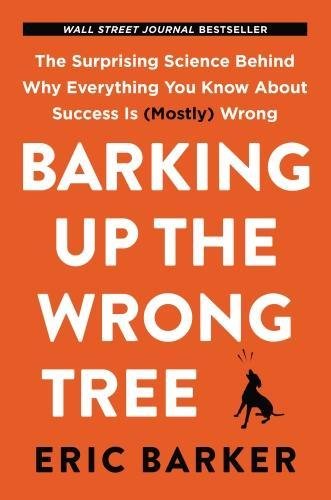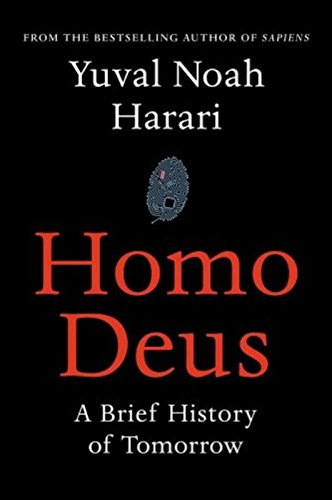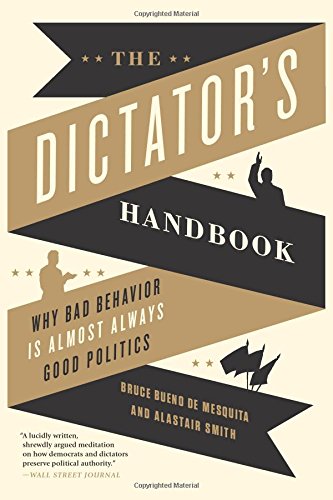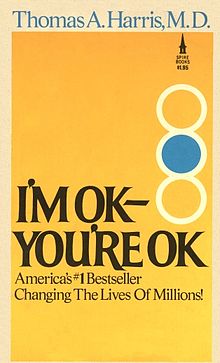Review – Careers for Dummies Careers for Dummies is a good book. But maybe I should elaborate on this. There is no shortage in how-to-find-a-job books. Some aim to give well-rounded general career advice, other focus on details like the perfect CV or the perfect job interview. In Germany, the benchmark is set by proliferous author duo Hesse/Schrader who alone have over 90 books for job seekers with their name on it, usually with regularly published revised versions. But Careers for Dummies is different. Author Marty Nemko asserts that the easiest way into a new job is being the kind of person that employers want to hire. Careers for Dummies gives detailed instructions how to get yourself together, how to enter a field without the necessary qualifications, and how to apply for positions that are not even advertised, by becoming extremely employable. There are two things I particularly like about the book. It tries to also answer the question most get-a-job books miss, that is “what jobs are there?”. Careers for Dummies has a catalogue of often overlooked jobs, that obviously isn’t complete, but is very helpful to circle certain fields or types of careers you might enjoy. It also…
Review: Maybe you have heard about digitalisation? Apparently, it’s something big. But what is it, what does it do, and how will it affect our lives? And why should you read Digital Darwinism instead of all the other books on the topic? Digital Darwinism avoids the usual pitfall of either praising or damning new technologies. In fact, author Tom Goodwin makes a point how this is completely irrelevant. Digitalisation is not about better WiFi chips, or better data storage. It’s about people. People that find new ways to interact with technology. Benefits, not features Digital Darwinism is a rather provocative book, revealing most ideas we have about digitalisation as misconceptions. Most companies define it as taking their old products and try to internet ‘em up somehow. They would be better off trying to find new and creative ways to fulfill customers’ needs. The emergence of Chief Digital Officers in executive boards actually is a sign that companies don’t fully embrace digitalisation yet. Instead of a transformative force that penetrates all functions and business segments, digitalisation is treated as an attachment, bolted on to the old stuff. An interesting question Digital Darwinism raises is “How would your business look like,…
Review: There’s no shortage of how-to books. There are books on how to get rich, how to be successful, how to become famous, how to be happy, how to win friends and influence people. Pink wrote a when-to book instead. When is a thoroughly researched book on chronobiology, the special effects of beginnings, midpoints and endings, and the stages of timing and synchronisation. Some people are larks, rise early and are obnoxiously high-spirited throughout the morning, but stumble through the afternoon. Some people are owls who go to bed in the early morning hours to sleep until noon. Should the workplace demand early attendance (it does), you recognize owls by their huge cups of coffee and their inability to talk without grumbling. Pink defines a third category for people who wake up moderately early, into which the majority of people falls. Your chronotype (which kind of bird you are) has huge effects on your mood and alertness throughout the day. Depending on what bird you are, and on the nature of the task, you will be more efficient at some things in the morning, while excel at other stuff in the afternoon. Most people, however, experience a significant trough in…
Review: The Art of War is a collection of stratagems (bite-sized, aphoristic strategic teachings) by chinese military commander Sun Tzu (or Sun Zi or a dozen variations) – and well over 2500 years old. So why this review? Because The Art of War still makes the management book bestseller lists (like here, here, here or here). This review is based on the annotated german translation by Patrick Lindley of the 1910 english translation by Lionel Giles. There are several versions around, so your experience may vary slightly. I chose one of the tackier cover arts for this blog post, by the way. The Art of War of the past Sun Tzu, as a seasoned general, has a pragmatic view of war and combat. Peace is best for everyone, but if war is inevitable, unnecessary battles have to be avoided. If a battle is inevitable, it should be fought with as few casualties as possible. According to Sun Tzu, to achieve this goal one needs preparation, discipline and execution. To prepare for war, the wise leader adopts a holistic view of war, and takes into account the terrain, weather and timing, numbers and motivation of troops on both sides,…
Review: Many books on success out there summarize as “Look at these successful people! Study their habits and learn their ways, so you will be successful, too!”. Actually, I have reviewed a prime example here. Barking up the Wrong Tree presents a nice counterpoint and states that imitating the successful does not necessarily make successful. Instead we get a thorough analysis of perceived and real success factors, somewhat hidden beneath anecdotal evidence and academic namedropping. Did you know that good and bad traits come with the same package? The exact same factors that make people highly creative also deteriorate their moral compass and mental health. In fact, creativity is strongly associated with dishonesty and mental instability. The same factors that allow you to adapt and excel at school stop you from standing out at work. People with top grades from prestigious universities typically don’t change the world. At the top ranks of disruptive businesses you find people with kinked CVs, and a history of mediocre test results. Most schools reward conformity over genius, allowing people with top grades to easily rise to middle management, but rarely above. Barker speaks of “filtered” and “unfiltered” leaders, that either comfortably adapt into a…
The End of Strife: The four horsemen of the Apocalypse are Famine, Plague, War and Death – pop culture does not always get this right – and after defeating the first three we might now just continue and conquer Death, too, and see, where this leads us as a species. Homo Deus starts with a rather bold claim: throughout history, famine, plague and war were the central topics of human life, and recently, all three of them have been made all but irrelevant. For all of history, humans have lived a couple bad days away from starvation, a couple bad rats away from the pocks and a couple bad words away from an all-out war against their neighbours. There are still starving people in the world, but no longer because there is not enough food for them, but because letting them starve furthers someone’s agenda. We talked about his before. There are still infectious diseases in the world, but they remain local outbreaks, and we no longer perceive them as a force of nature, but rather as a consequence of our own lack of hygiene and prevention. And there are still combats fought in the world, but they are no…
Review There is a difference between the way the world is and the way the world should be. And there are reasons for this gap. Poverty, corruption and inequality all over the world can be explained by the number of people the country’s leader needs to keep power – the essential selectorate. Leaders will do everything to please their essentials, while simultaneously keep the number of essentials as low as possible. This book is a deeply cynical manifest praising the virtues of selfish, near-sighted politics. The Dictator’s Handbook starts with a bold premise: there is no functional difference between successful dictators and successful democratic leaders. The optimal strategy for both is to install policies that benefit the people they depend on, and take for themselves what is left. Both types of leaders can exercise the same corruption and reckless focus on personal gain, with the only difference being the number of people they are accountable to, their essential coalition. This point spans the entire book, being repeated ad nauseam. Democrats have to please the fraction of all voters that is necessary to elect them to power. Depending on the number of parties, faction structure and voting system this can be…
Review Psychology can be hard to write about. Unlike many other topics I present here, it is almost a science, and thus deserves a lot more attention. Also, I don’t know a thing about psychology or psychoanalysis and evaluating such a book gives me a hard time. Freud postulated the threefold mind: the id (containing desires and urges), the ego (the conscious self) and the superego (the unconscious framework of rules and ethics). Transactional analysis is built on a similar but different idea, modeling the human psyche as three ego-states, of which only one is active at a time: The Parent is filled with values (or non-values) directly adapted as a very small child. This part contains mostly unconscious instructions and ideas from “Fire is dangerous” to “Non-white people are dangerous”. The Parent can cause problems, because it cannot evaluate those ideas and instructs a person to mimic their parents. This is the source of superstition, prejudice and a lot of stupidity, and also the reason why abused children often become abusive parents. The Child is also formed at a very young age, and is where emotions and spontaneity live. It is a recording of feelings as the Parent is…
